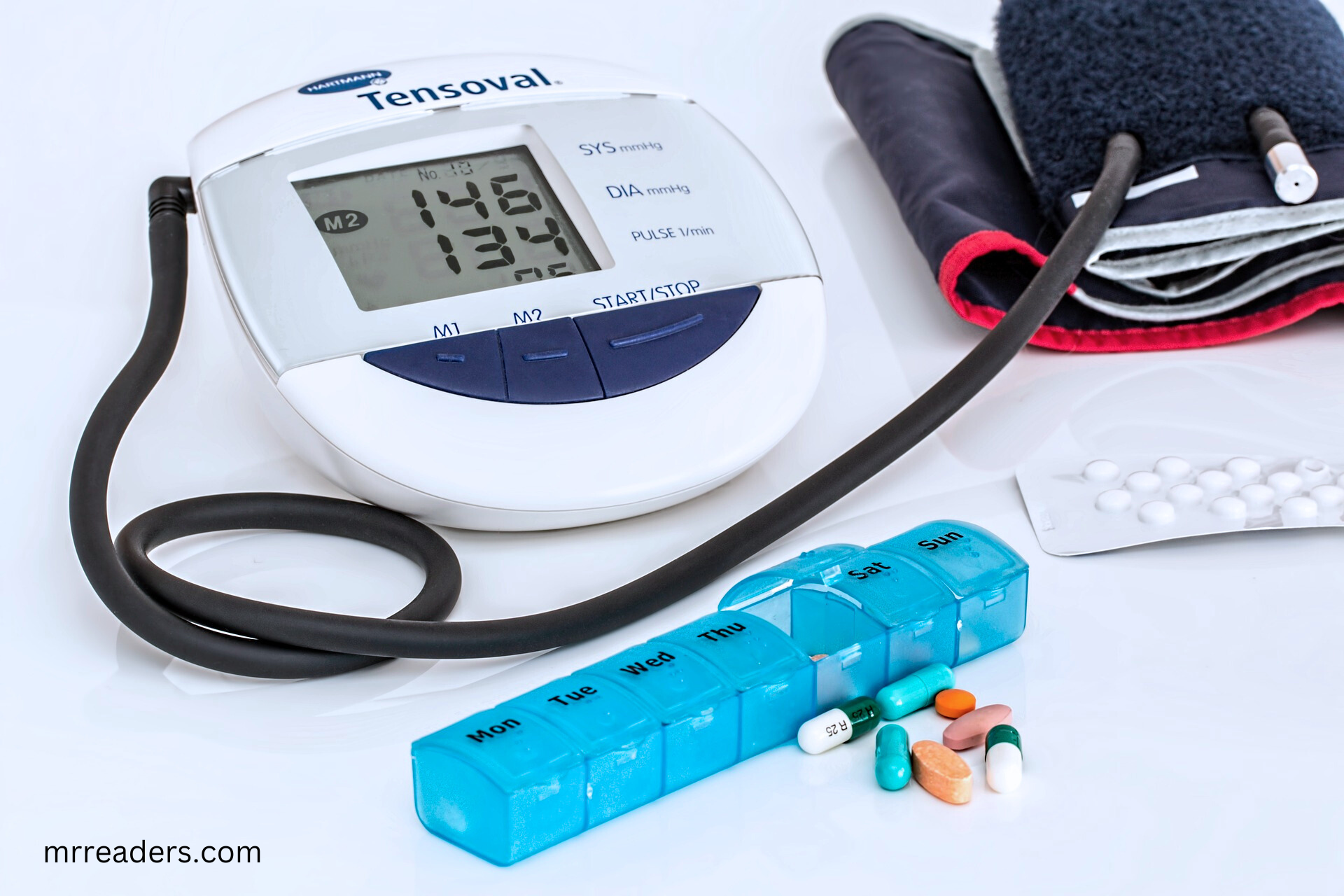A collection of health issues known as metabolic syndrome significantly increases your chance of developing chronic diseases.
Heart Disease: The main cause of death in the US for both men and women. Your risk of coronary heart disease, which can cause a heart attack, angina (chest pain), and stroke, is increased if you have metabolic syndrome.
Type 2 diabetes: a long-term, chronic illness that interferes with the capacity of the body to control blood sugar levels. When you have type 2 diabetes, your cells either stop reacting to insulin or your body stops producing enough of it. One hormone that aids in blood sugar regulation is insulin. Serious complications such as heart disease, stroke, blindness, renal failure, and nerve difficulties can result from uncontrolled type 2 diabetes.
Stroke: The nation’s second-leading cause of adult mortality. A stroke happens when the blood supply to a portion of the brain is interrupted by a blood clot obstructing an artery or a blood vessel break. Damage to the brain from this may result in issues with speech, mobility, memory, and other areas of function.
It is a result of multiple variables combining rather than being a single sickness. Metabolic syndrome may be identified in individuals with three or more of the following five conditions:
Large waist circumference: Abdominal obesity is the term used to describe having too much fat around your abdomen. Compared to other body regions, fat stored around the abdomen poses a greater risk.
High blood pressure: The pressure exerted on your arterial walls is this. Your heart and blood vessels may suffer damage if your blood pressure is constantly elevated.
High triglycerides: The blood you have includes a form of fat called triglycerides. Triglyceride levels over the upper limit can raise your risk of heart disease in addition to other variables.
High fasting blood sugar: Your body needs blood sugar, that it obtains from eating. The body’s inability to control blood sugar levels causes elevated blood sugar levels during fasting in those who have metabolic syndrome.
Low HDL cholesterol: Due to its ability to clear your arteries of LDL cholesterol, or the “bad” cholesterol, HDL cholesterol is frequently called the “good” cholesterol. Your chance of getting fatty deposits in your arteries is increased by low HDL cholesterol.
Why People Get Metabolic Syndrome?
While its specific causation is unreliable metabolic syndrome may be caused by several variables, such as:
Overweight and Obesity: especially if one is overweight around the abdomen. An individual who has gained excessive body fat is referred to as overweight or obese.
It’s a global issue that is becoming more and more pressing for individuals of all ages. If a person’s body mass index (BMI) is 25 or more but less than 30, they are considered overweight.
A body mass index of 30 or more indicates being obese.
A person’s BMI can be computed by weight and squared height. Though popular, this screening method ignores variables such as muscle mass.
| BMI Category | BMI range | Weight Status |
| Underweight | Below 18.5 | Underweight |
| Normal weight | 18.5 to 24.9 | Healthy weight |
| Overweight | 25 to 29.9 | Overweight |
| Obese | 30 or above | Obese |




1 thought on “What is Metabolic syndrome ?”
Comments are closed.